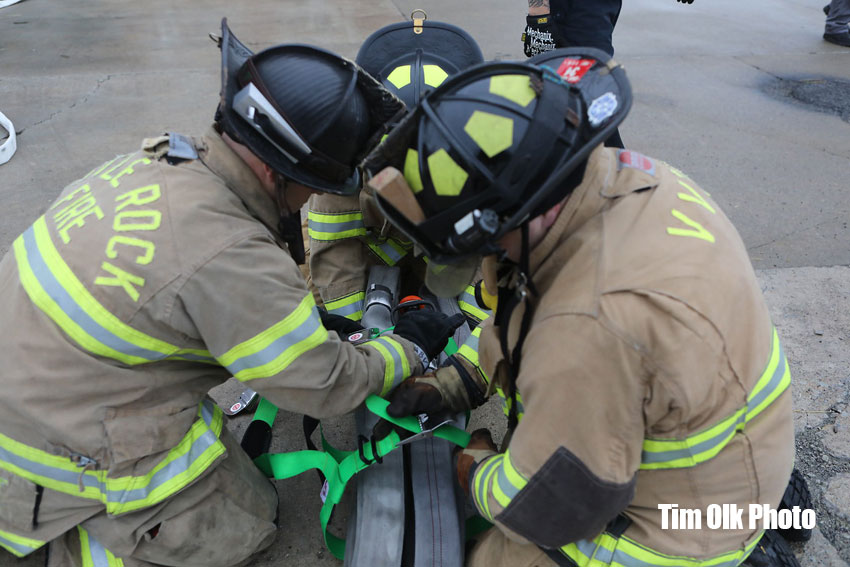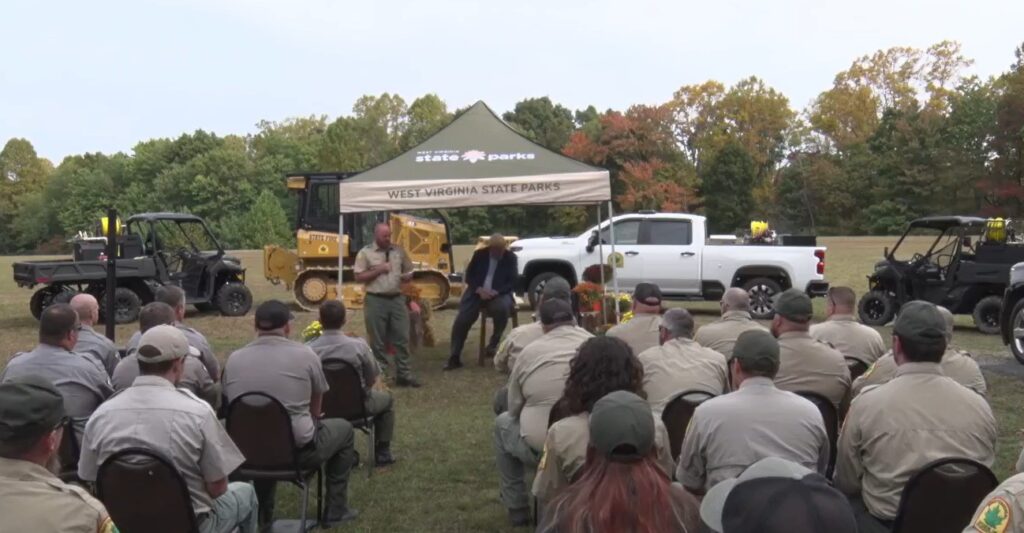

By Richard Marinucci
Teamwork. We all talk about how important it is in the fire service. Recently during interviews for entry level firefighter, candidates were asked a version that either asked why it is important or how important it is in this occupation. In some ways, it is a leading question. What are you going to say—it isn’t important? But the question of why gets into more open-ended discussion. Even those with no or minimal experience or exposure in the fire service recognize the need for teamwork. Most, though, have difficulty articulating specifics or details regarding the importance. How would you answer the question as to why teamwork is important? Somewhere in your discussion you may talk about the complex nature of some of the work the fire service does. You may talk about the need for coordination so that risk is reduced, and the outcome is as good as can be expected. Regardless of your answer, as you get past the easy question, you are now forced to put more thought into your answer.
Related Content
- Out of My Mind: Justifying Adequate Staffing
- Out of My Mind: Returning to Normalcy Post COVID-19
- Out of My Mind Archive
As we delve further into this issue, you can now ask the questions as to what you and your organization are doing to make sure you are really working as well as possible as a team. There are countless examples in sports where a less talented team is able to triumph because of their commitment to teamwork. There is the need to believe that the overall goal trumps individual accomplishment. I think the vast majority of folks who work in this profession believe this. But like anything, there is not 100 percent commitment. Every organization has selfish (for lack of a better word) personnel. This has an impact on service delivery if it is allowed to. Leadership has the responsibility to continue to lead as a team.
The other aspect of teamwork to consider is how much do we commit to practicing it so we are as efficient and effective as possible when needed during an emergency? Imagine a team sport that doesn’t practice and just goes out to play the game. Even with talent, what are their chances of success when playing comparable talent? Probably not too good. Think also what happens when new players are added who don’t know the playbook or system. Again, mistakes are likely. Yet, we in the fire service think we are exempt. We use mutual aid without ever “practicing” with our teammates. We shift trade and backfill with overtime without ever considering how we are going to operate on the next emergency. We get by because of our basic training and commitment, but I would suggest we are not doing as well as we can if we don’t practice as a team and hone our skills jointly.
Over the past couple of years, I have heard many chiefs lament about the latest generation. I have often defended them as I think every generation is different, but it doesn’t mean that is bad. But, one thing that seems to be causing issues is the lack of willingness of some folks to take overtime. A solution needs to be found that recognizes that not everyone is chasing money and they value their time off. This isn’t necessarily a bad thing. The overtime occurs because of different contributing factors but mostly from not having enough people to staff based on earned leave time, possible time off because of injuries and illness (many from job activities) and the like. There is a need to maintain some minimum staffing if there is a desire to provide a specific quality of service. Obviously, most community leaders have figured out that it is probably cheaper to go the overtime route. But, some problems are created. In some cases, limited personnel will take every opportunity for overtime. This may not always be good for the individual health-wise. It also may create a bad perception when some media outlet does a study of the highest paid employees of a government agency. Fire chiefs and leaders in fire departments need to discuss and be ready to defend their practices and also be able to explain why staffing is important and why challenges exist to maintain that staffing. It does no good to just complain that the people in the service don’t want the overtime. Come up with some solutions.
RICHARD MARINUCCI is the executive director of the Fire Department Safety Officers Association (FDSOA). He retired as chief of the Farmington Hills (MI) Fire Department in 2008, a position he had held since 1984. He is a Fire Apparatus & Emergency Equipment and Fire Engineering Editorial Advisory Board member, a past president of the International Association of Fire Chiefs (IAFC), and past chairman of the Commission on Chief Fire Officer Designation. In 1999, he served as acting chief operating officer of the U.S. Fire Administration for seven months. He has a master’s degree and three bachelor’s degrees in fire science and administration and has taught extensively.

